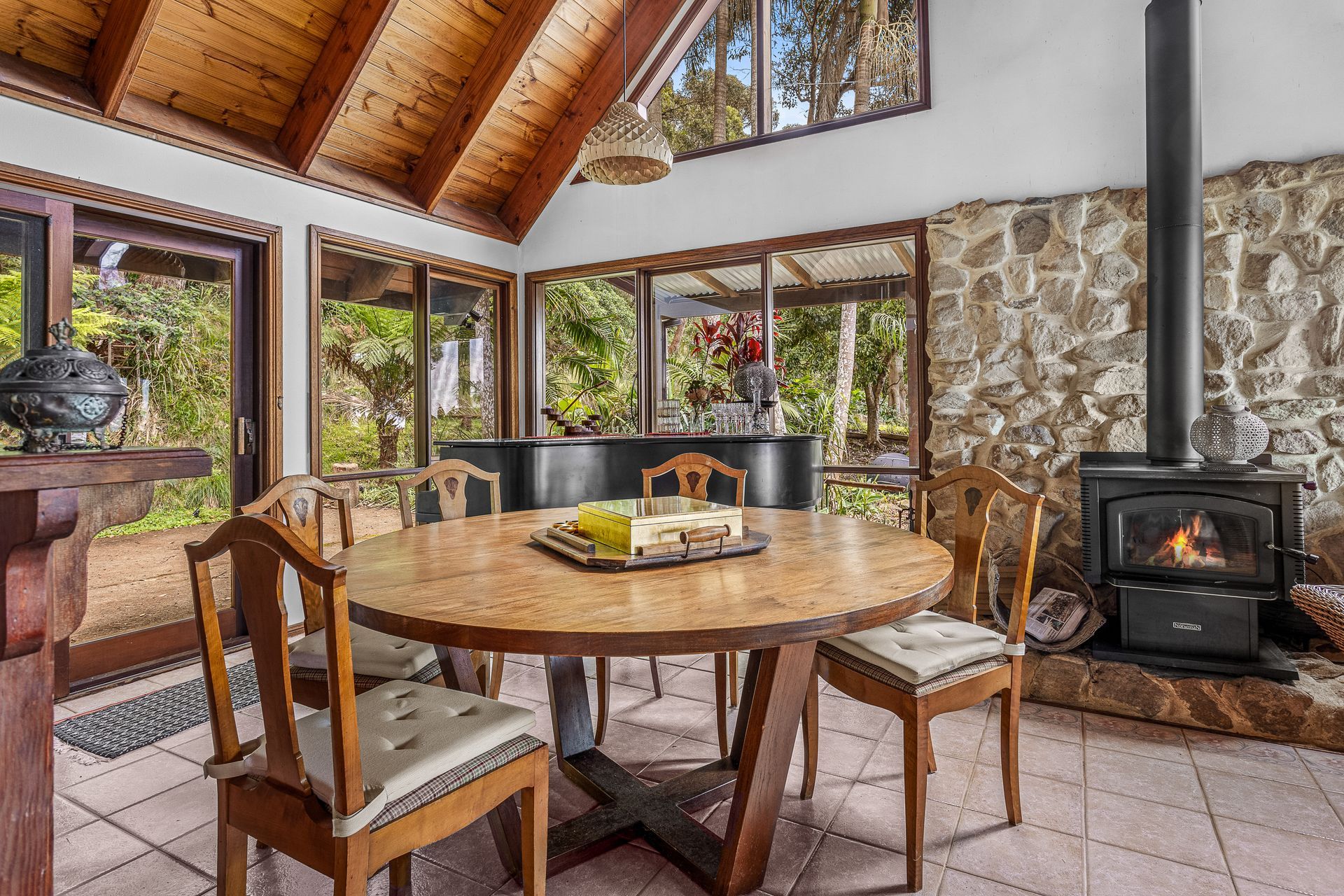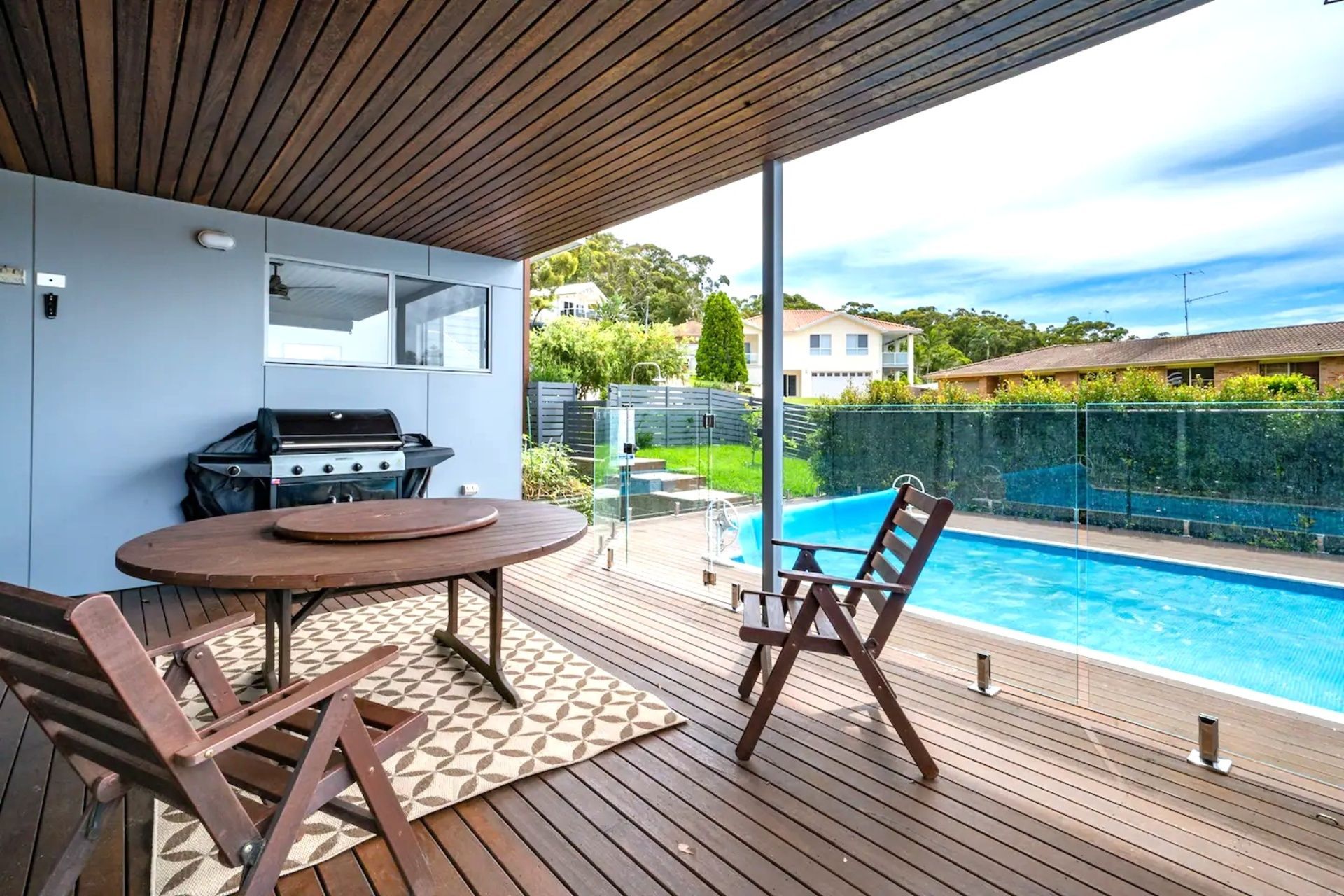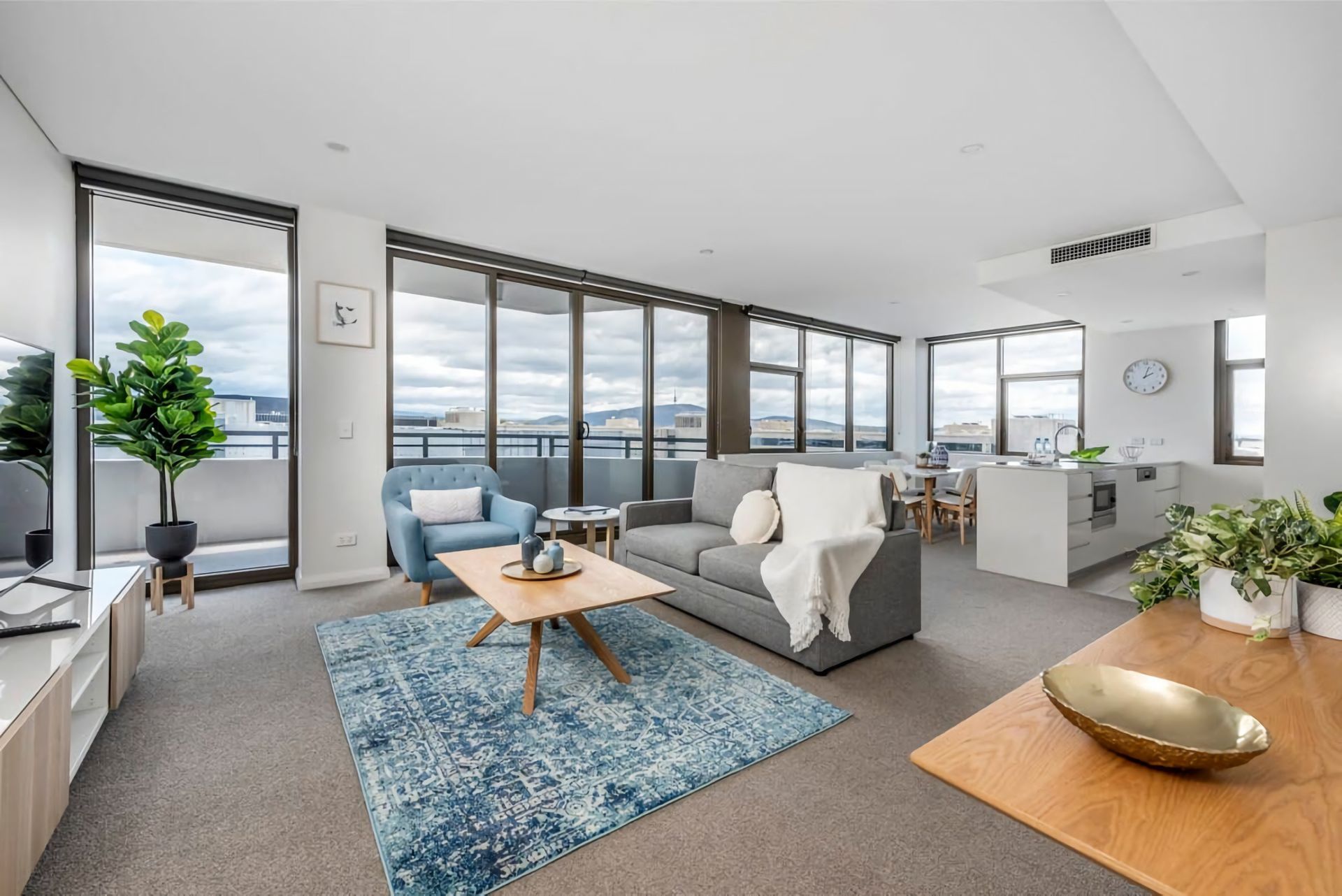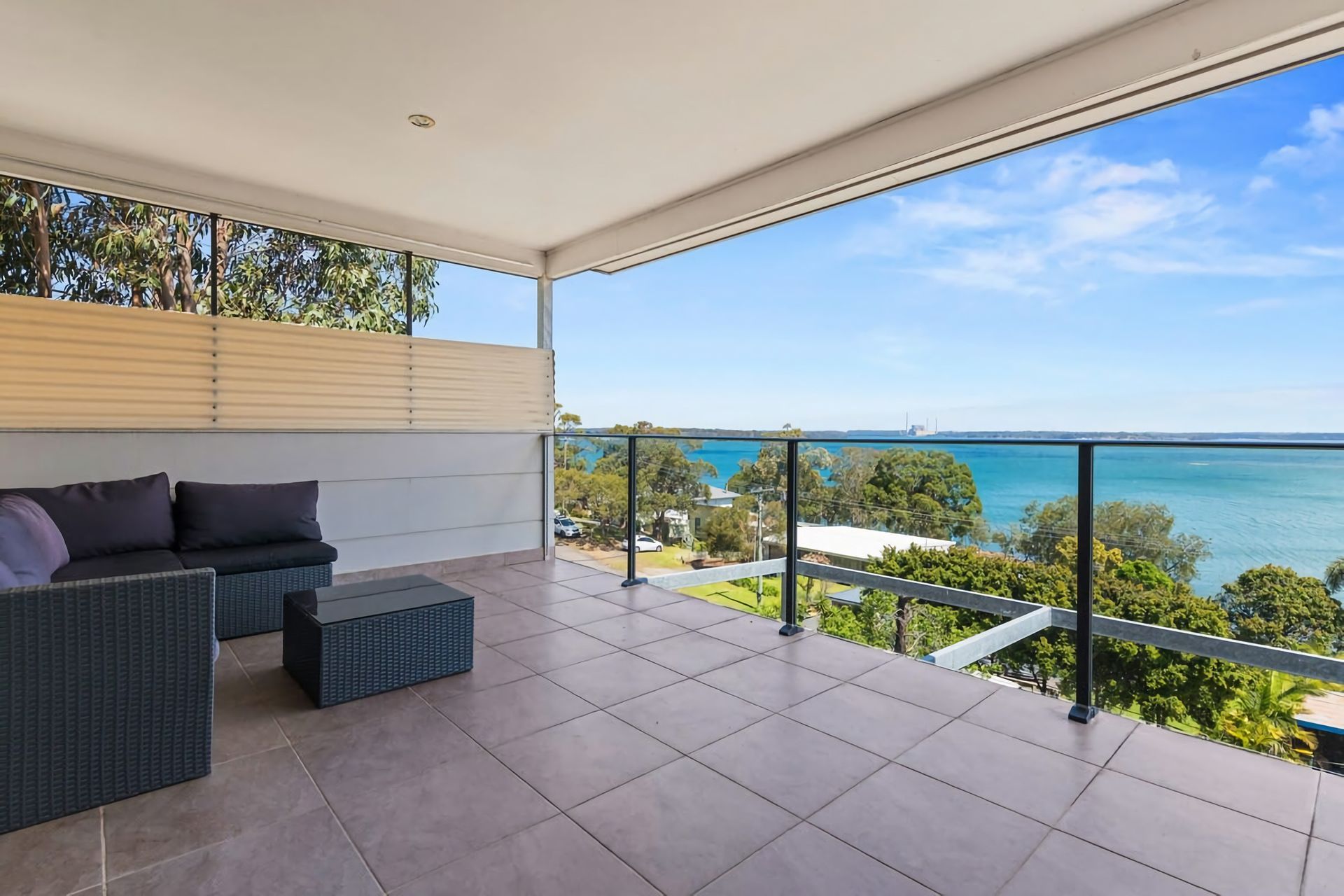10 Red Flags That Your Property Manager Might Be Costing You Money
Property managers should increase your revenue and reduce your workload. When they fail at either task, they become a liability rather than an asset.
Many short-term rental owners notice declining returns but struggle to identify whether their property manager is the problem. Poor performance often develops gradually through missed opportunities, inadequate systems, or misaligned priorities.
These ten red flags indicate your current Airbnb property manager may be costing you money. Recognising them helps you evaluate whether it’s time to switch property managers to a more effective alternative.
1. Lack of Transparent Financial Reporting
You should know exactly where your money goes each month. Property managers who provide vague summaries, delayed statements, or unclear expense breakdowns make it impossible to track performance or identify problems.
Transparent reporting includes itemised invoices, clear booking breakdowns, and accessible financial dashboards.
2. Poor Communication or Responsiveness
Waiting days for updates or chasing your property manager for basic information signals disorganisation. Delayed responses to owner questions often correlate with delayed responses to guest enquiries, which directly impacts your bookings and reviews.
Effective property managers respond promptly to both owners and guests. Communication delays suggest you’re not a priority.
3. No Dynamic Pricing or Market Adjustments
Static nightly rates ignore market demand fluctuations. Properties priced identically during low and high seasons leave significant revenue on the table.
Dynamic pricing adjusts rates based on local events, seasonal patterns, competitor pricing, and booking lead times. Having a property manager with a set-and-forget pricing strategy means you will be charging under market rates during peak times and are under-booked during quiet periods.
4. Low Occupancy Despite Market Demand
Other properties in your area are fully booked while yours has empty nights. This suggests problems with listing optimisation, pricing strategy, or platform visibility.
Low occupancy when competitors are thriving indicates your property manager isn’t positioning your listing competitively. Poor photos, weak descriptions, or limited platform presence all contribute to lost bookings.
5. Inconsistent Guest Reviews or Frequent Turnover Issues
Fluctuating review quality points to inconsistent cleaning standards, poor maintenance follow-through, or inadequate guest communication. Guests notice when properties aren’t properly prepared between stays.
Negative reviews mentioning cleanliness, broken items, or unresponsive hosts damage your listing’s ranking and conversion rate. Each poor review costs you future bookings.
6. Hidden Fees or Unexpected Charges
Monthly statements include surprise charges for admin fees, maintenance markups, or linen costs that weren’t discussed upfront. Property managers who profit from undisclosed fees prioritise their margins over your returns.
Transparent fee structures should be established before signing. Unexpected charges that appear months into the arrangement indicate poor business practices.
7. Failure to Capitalise on Events or Peak Seasons
Your property is priced at standard rates during festivals, conferences, or holiday periods when demand surges. Property managers who ignore local calendars miss the highest revenue opportunities of the year.
Premium pricing during peak demand periods significantly impacts annual returns. Missing these windows means leaving thousands of dollars uncollected.
8. Little to No Multi-Platform Exposure
Your listing appears on Airbnb only, while competitors capture bookings from Booking.com, Vrbo, and other platforms. Limiting distribution to a single channel restricts your potential guest pool.
Multi-platform presence increases visibility and fills calendar gaps. Property managers who don’t manage listings across multiple channels cost you bookings that go to better-distributed competitors.
9. No Proactive Maintenance Strategy
Issues are only addressed after guests complain. Broken appliances, faulty locks, or worn furniture should be identified and fixed during routine inspections, not discovered by paying guests.
Reactive maintenance damages your reputation and results in negative reviews. Property managers who wait for problems to emerge rather than preventing them cost you both repair expenses and future bookings.
10. One-Size-Fits-All Management
Your property receives identical treatment to every other property in their portfolio. Generic welcome books, standard amenities, and cookie-cutter listings ignore what makes your property unique or appealing to specific guest segments.
Effective management tailors strategies to individual properties, locations, and target markets. Standardised approaches that don’t account for your property’s specific advantages result in lower occupancy and reduced nightly rates.
How AirKeeper Does It Differently
AirKeeper addresses these short term rental manager problems through comprehensive, performance-focused property management.
Real-time financial dashboards provide complete transparency into revenue, expenses, and occupancy. Owners access current data without waiting for monthly statements.
Dynamic pricing algorithms adjust rates based on local events, seasonal demand, and competitor analysis. Properties are positioned competitively during both peak and off-peak periods.
Professional photography and multi-platform distribution maximise listing visibility. Properties appear on Airbnb, Booking.com, and other high-converting channels simultaneously.
24/7 guest support and vetted cleaning teams ensure consistent experiences. Regular property inspections identify maintenance needs before guests encounter problems.
Each property receives a customised management strategy based on location, target market, and owner goals. AirKeeper develops tailored welcome packages, amenity selections, and pricing approaches for individual properties rather than applying standard templates.
Transparent fee structures are established upfront with no hidden charges. Owners know exactly what they pay and what services they receive.
Ready to switch property managers? Contact AirKeeper today for a free property appraisal.





